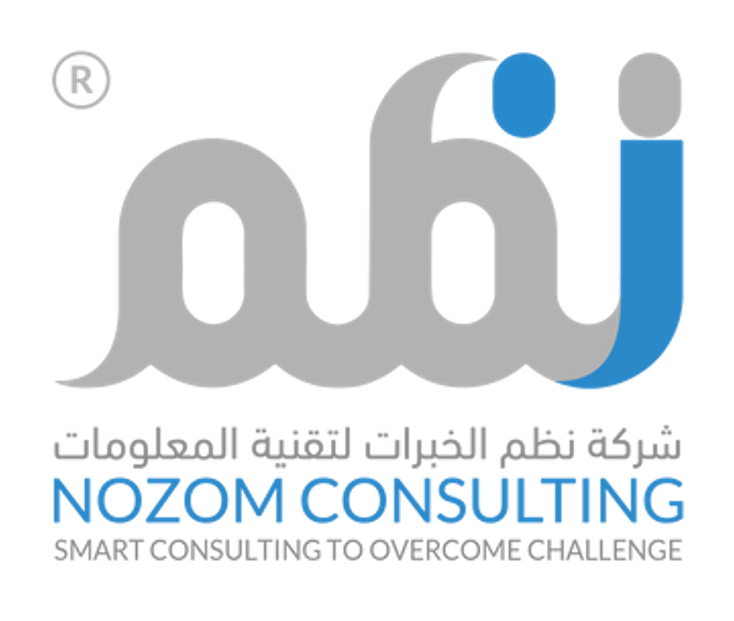Social Role & Responsibility of Business
Move beyond donations. We design and operationalize a strategy-led CSR & social impact program that creates measurable value for society and your business—aligned to Saudi Vision 2030.
Why It Matters
Stakeholders now expect decision-useful social performance, not just philanthropy. ISO 26000 frames social responsibility as principles and core subjects (e.g., human rights, labor practices, community involvement) that organizations should embed in governance and daily operations.
The UN Guiding Principles on Business & Human Rights (UNGPs) set a global standard for preventing and addressing adverse human-rights impacts across operations and value chains (Protect–Respect–Remedy).
In Saudi Arabia, Vision 2030 (e.g., the Quality of Life Program) and public initiatives to strengthen CSR are shaping how companies invest in communities and measure outcomes; the Saudi Exchange ESG Guidelines encourage consistent, comparable social disclosures for listed firms.
Best-practice measurement frameworks such as B4SI help companies shift from ad-hoc giving to strategic community investment with clear inputs, outputs, and impacts.
How We Build Social Responsibility & Corporate Citizenship
- Social Strategy & Materiality: Identify the social topics that matter for your business and communities (employment, skills & youth, health & safety, DEI, human rights, supplier labor practices, financial inclusion, local content) using ISO 26000/GRI lenses and Saudi priorities; define goals and guardrails.
- Human Rights Due Diligence (UNGPs): Map salient risks across operations and the supply chain, set controls, and establish grievance and remedy processes consistent with the UNGPs.
- Community Investment Portfolio (B4SI): Build a focused portfolio (education & skills, entrepreneurship & SME support, health & wellbeing, culture & sports) with theory-of-change logic, partner selection, and impact metrics per B4SI.
- Employee Volunteering & Payroll Giving: Design policies, safety and safeguarding, and a recognition model; align volunteering projects to national programs (e.g., skills for youth, quality of life).
- Supplier Social Standards: Embed social requirements in procurement (labor conditions, worker welfare, community impacts), referencing OECD Guidelines and GRI supplier-assessment topics.
- Data, Controls & Disclosure: Create a single source of truth for social metrics; align indicators to GRI social standards and the Saudi Exchange ESG Disclosure Guidelines; prepare evidence for assurance.
- Operating Model & Governance: Define roles (board/management/CSR office), decision rights, budgets, and an execution cadence (quarterly reviews) so social commitments are delivered and auditable. (ISO 26000 emphasizes integration into governance.)
- Communications & Stakeholder Engagement: Develop messages and channels that reflect community needs and evidence of impact; coordinate with ministries, foundations, and local NGOs; leverage national CSR days and platforms where appropriate.
What You Get
- Strategy-led CSR program: Clear focus areas tied to Vision 2030 societal priorities and business goals.
- Defensible due diligence: UNGPs-aligned risk assessment, controls, and grievance pathways across operations and supply chain.
- Measurable community impact: B4SI-based portfolio with KPIs and impact narratives that withstand scrutiny.
- Consistent reporting: GRI-aligned social disclosures mapped to Saudi Exchange ESG templates and evidence packs for assurance.
- Engaged workforce & partners: Structured volunteering and partnerships that build skills, pride, and local capacity.









